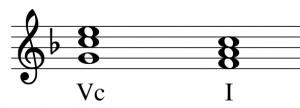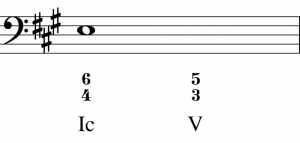What is music theory?
Music theory is the term for the written aspects of music. This starts with understanding notation and expands to scales, keys, rhythms, harmony and composition. My job as a teacher is to explain and demonstrate these concepts so that you can use them to enhance your music, whether playing from notation or by ear or composing your own music.
Theory is applicable to all branches of music, not just piano, so you can have theory lessons alone or alongside your piano lessons. If you want to pass Grade 5 Theory so you can take your Grade 6-8 practical exams I can also help you with this.
Why study music theory?
Theory helps you to not only read music more fluently but also to understand how a piece is put together. If you know about chord progressions (the common patterns for which order chords are played in) it’s easier to pick up songs by ear. If you are familiar with some tools used in writing melodies such as sequences (repeating a pattern of notes at a higher or lower pitch) and ornaments (those twinkling effects that go back and forth very fast) you can add them to your own tunes.
What will I learn?
Beginner to intermediate (Grade 5/GCSE)
The early stages of music theory focus on learning how notation works and building confidence in both reading and writing standard notation. Rhythm work includes note names and lengths and how time signatures work to keep the beat going throughout a piece. Scales and chords are introduced gradually, eventually covering all major and minor keys and how to identify and write various types of chords. Students will learn basic techniques for writing melodies and harmonies, and other topics relevant to their interests or the exams they are taking (for example, Grade 5 Theory candidates need to be familiar with different clefs and the families of orchestral instruments).
Intermediate to advanced (Grade 6-8/A-level)
Once students are confident in all these aspects of music theory the next stage is to develop a more detailed understanding of harmony, composition, ornaments, orchestration and the common features of different styles and historical periods of music. As with previous study the exact topics covered will depend on the student’s interests and what needs to be covered for any exams they wish to take. Advanced music theory students will become familiar with topics such as figured bass, 4-part harmonies, the history of keyboard instruments and the orchestra and writing for a variety of instruments, both in the style of historical composers and developing their own unique style.



